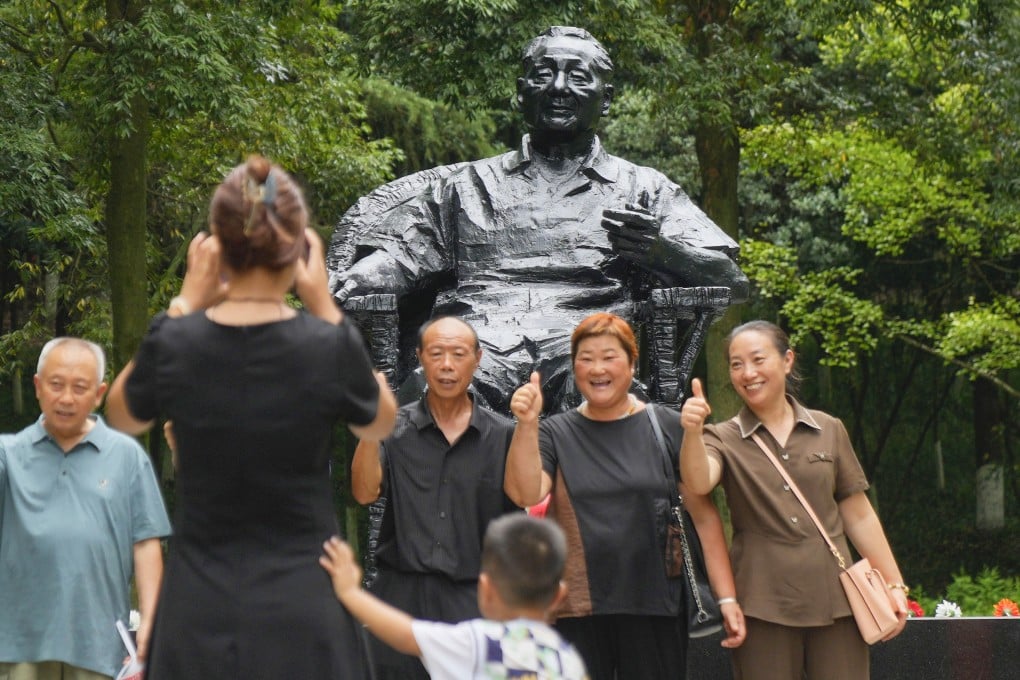Opinion | The seeds of Deng Xiaoping’s legacy have yielded remarkable progress
- Ambitious and rapid transformations in China over the last four decades have few historical parallels

China’s transformation over the last four decades since its reform and opening up in the late 1970s is a highly unusual phenomenon. China’s gross domestic product grew from US$150 billion in 1978 to about US$17.8 trillion by 2023, making it the world’s second largest economy. Per capita GDP jumped from US$157 in 1973 to US$12,614 by 2023, surpassing countries like India and Thailand. In first-tier cities like Shanghai, Beijing and Shenzhen, the average per capita GDP ranges between US$26,000 and US$28,000, topping the amount considered as high-income by World Bank standards.
Measured in purchasing power parity, China’s GDP is US$35 trillion, the world’s largest. China’s trade volume expanded 467 times from US$14.7 billion in 1977 to US$6.9 trillion by 2022. China’s now the top trading nation with more than 120 countries in the world. In 2001, 12 Chinese companies made the Fortune 500 list. In 2023, that number rose to 142. By contrast, the number of US companies on the Fortune 500 list in 2023 was 136.
China’s economic growth and social changes during the last four decades have been phenomenal. Many people have pointed this out. John Van Fleet, a scholar at Shanghai Jiao Tong University, calls this phenomenon the “first time in history”.
In the late 1970s, Deng Xiaoping, who had returned to power, came to the conclusion that China needed to make use of non-state capital and foreign capital to supplement state capital. Hence, “reform” refers to the embrace of non-state capital while “opening up” refers to the embrace of foreign capital. This unprecedented experiment was described by Deng as “crossing the river by feeling the stones”.
I personally witnessed that surge in growth when I began to work as a strategy consultant in the Shanghai office of Boston Consulting Group in early 1993. Droves of Western companies were engaging us to help chart the course of their China strategy, either using China as a sourcing base or exploring China as a market. Sometimes, it was both.

